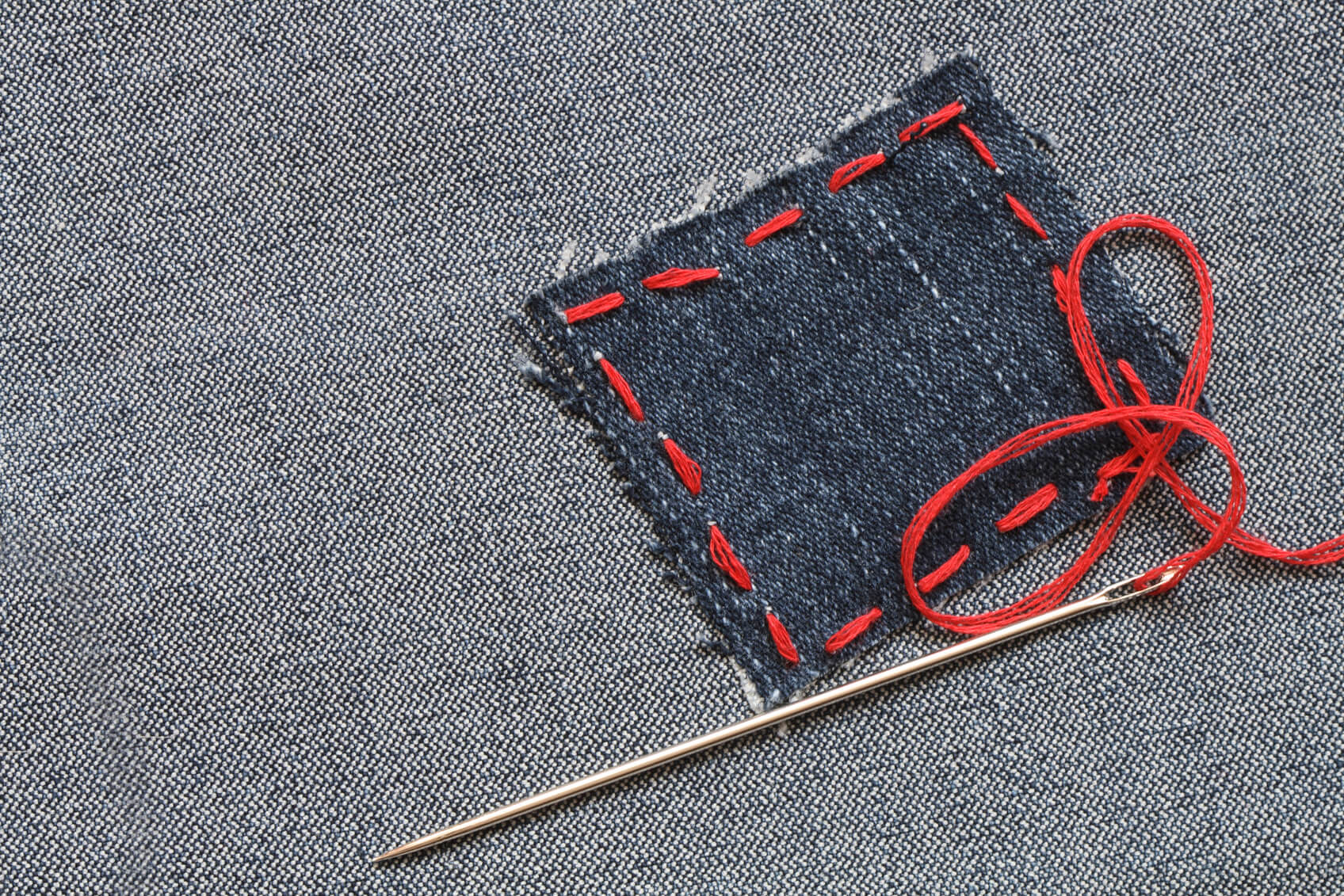Sometimes we drop the ball. Whether intentional or not, we often bring harm to others through our actions and behaviors. And while it’s tempting to just move on, maturity calls for us to make amends for the harm we’ve caused whenever possible.
Making amends is more than just an apology. It’s seeking to compensate or make up for a wrongdoing.
For instance, it’s good to apologize if we forget our friend’s birthday. But to make amends goes a step farther and seeks to make up for our forgetfulness.
Perhaps we treat him to dinner the following week or find an extra meaningful gift for him.
Whatever it looks like, there are clear actions that demonstrate our remorse and a willingness to make things right with him.
Sometimes it’s not wise to revisit everyone we’ve harmed. Past sexual partners would likely fall into this category.
As we look back over our story, we might realize just how much our youthful selfishness caused lasting harm to others.
Making amends here would certainly include growing up sexually so that we don’t harm anyone else in the same way.
It might also include mentoring others so that they don’t make the same mistakes we did. Or, perhaps it’s making a donation to counseling services that support those healing from past sexual wounds.
Again, whatever it looks like, there’s an intentional effort to acknowledge and actively make up for our past mistakes and sins.
Of course, we can’t change the past. And making amends is not an effort to gloss over the damage we’ve caused. It’s simply our humble attempts to make right what was wronged.
This brings deep healing – to others, and ourselves as well.
Don’t let past wrongs stand without seeking to make amends. This is how we grow into a better version of ourselves.


6 Comments